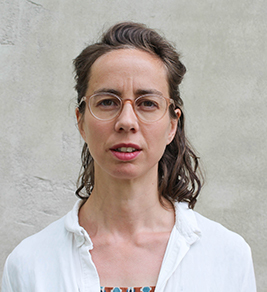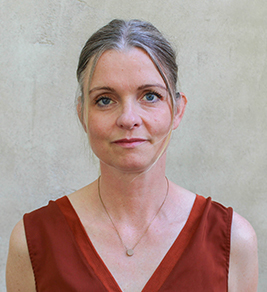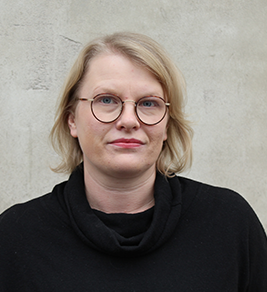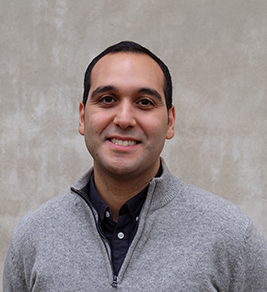The aim of the project is to increase knowledge concerning different ways that small and medium-sized Nordic cities seek to overcome barriers for social inclusion in their strategic work and in various projects concerning urban development.
Socio-economic inequality and other types of disparities are questions of increased concern in many Nordic cities. Inequalities are often discussed in relation to labor market restructuring, welfare provision, immigration and integration, and, in the urban context, particularly in relation to segregation and housing. Although the debate concerning urban inequalities has primarily been focused on larger urban regions, cities of smaller sizes also face similar types of challenges.
This project will examine how different small and medium-sized cities in the Nordic region work to overcome barriers for social inclusion, i.e.to improve the terms on which individuals and groups take part in society, and to counteract the negative effects of inequality, through urban policy and planning. Cities of this category are heterogenous and inclusion is a multi-faceted issue. The project will therefore focus on different thematic and geographical cases and investigate strategies for inclusion from a few different perspectives.
The project will be carried out as five sub-projects, and the purpose is to expand the knowledge base on long-term strategies for inclusive cities and planning processes, with particular regard to small and medium-sized cities. The following themes are addressed in these sub-projects: area-based neighborhood regeneration initiatives are examined from different perspectives in Finland and Norway, a study concerning municipal responses to local protests against housing for refugees is carried out in Sweden, a study focusing on social and spatial integration at municipal level is conducted in Iceland, and an analysis of policies related to housing estates is carried out in the Danish case.






